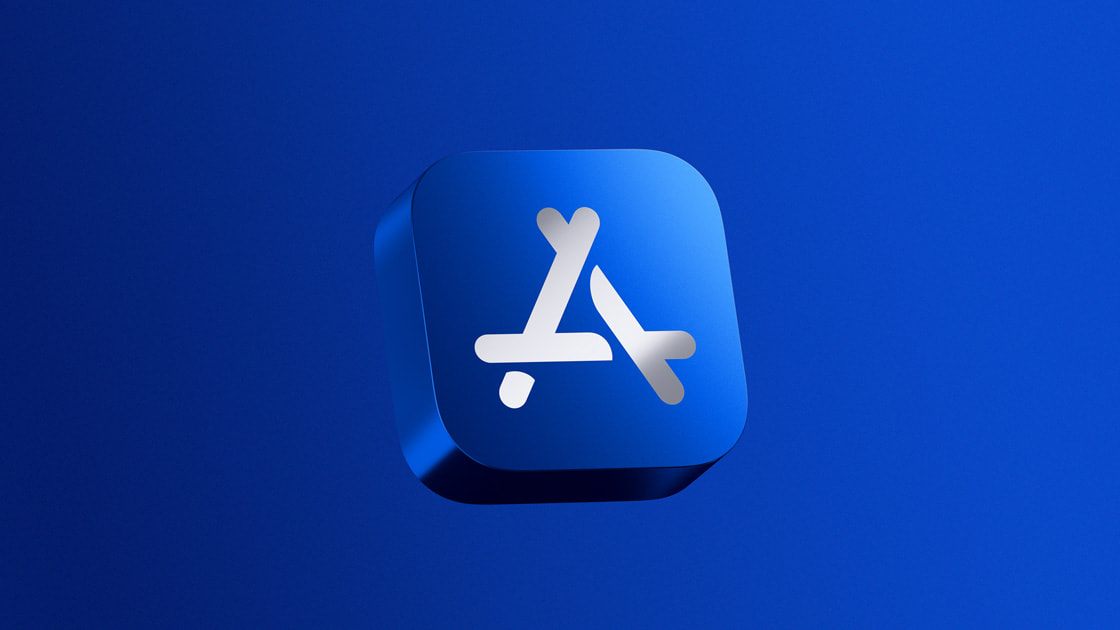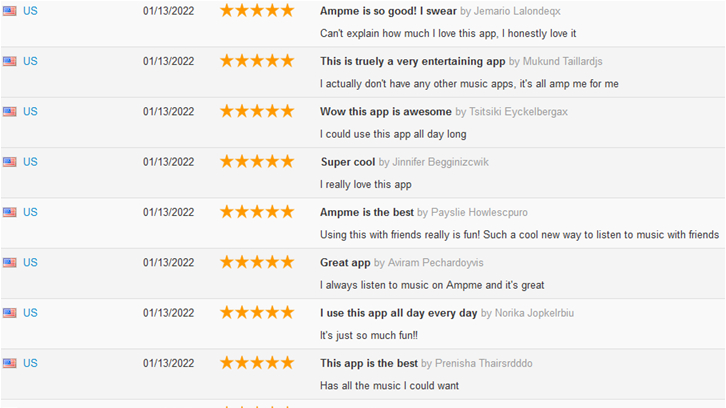84 scam apps still active on App Store — steal over $100 million annually
Subscription-based iOS apps have been scamming users for over a year

Despite analysts reporting on 133 fraudulent apps on Apple's App Store, 84 subscription-based iOS apps are still scamming unsuspecting victims into forking over an accumulated $103.2 million annually — and they've been active for over a year.
Spotted by VPNcheck founder Dr. Frederik Lipfert, the list of scam apps was first shared by security company Avast back in March 2021. After 15 months, more than 60% are still available on the App Store, with the apps bringing in 7.2 million unique downloads as of June 2022.
The apps are designed to charge excessive subscription fees to give victims access to otherwise simple content that can be used for free, ranging from photo editors to daily horoscopes. They are often plagued with unskippable ads to block content despite users paying for premium-tier subscriptions, and also come with hidden costs users aren't aware of.
According to the report, the list of known scam apps bring in a total net revenue of $8.6 million in a single month. While Apple may have a strict policy on its App Store (the tech giant claims to have rejected over one million app submissions due to illegal content), many malicious apps still slip under the radar.
- More: Best antivirus apps in 2022
What is fleeceware?
Unlike ransomware or phishing attacks, the apps aren't designed to steal a user's private credentials. However, it's another form of malware known as fleeceware. It's a type of mobile application that uses scam tactics to trick users into paying more than what an app is worth. They come with hidden fees, use fake reviews to promote their false reliability and hide one-star reviews, and are often extremely difficult to unsubscribe from.

Even if a user deletes the app, they will still be billed monthly fees. It's a nasty form of malware that is often promoted on various social media platforms, falling into categories that would interest users such as photo and video editors, puzzle games, document scanners, virtual instruments, and more.
Apple has yet to take down these scam apps, despite them being publically known for over a year. Check out the full list of fleeceware apps to avoid, and always be sure to research an app's full range of reviews for any signs of scam tactics — especially if there are a number of one-star ratings.
Stay in the know with Laptop Mag
Get our in-depth reviews, helpful tips, great deals, and the biggest news stories delivered to your inbox.

Darragh Murphy is fascinated by all things bizarre, which usually leads to assorted coverage varying from washing machines designed for AirPods to the mischievous world of cyberattacks. Whether it's connecting Scar from The Lion King to two-factor authentication or turning his love for gadgets into a fabricated rap battle from 8 Mile, he believes there’s always a quirky spin to be made. With a Master’s degree in Magazine Journalism from The University of Sheffield, along with short stints at Kerrang! and Exposed Magazine, Darragh started his career writing about the tech industry at Time Out Dubai and ShortList Dubai, covering everything from the latest iPhone models and Huawei laptops to massive Esports events in the Middle East. Now, he can be found proudly diving into gaming, gadgets, and letting readers know the joys of docking stations for Laptop Mag.
